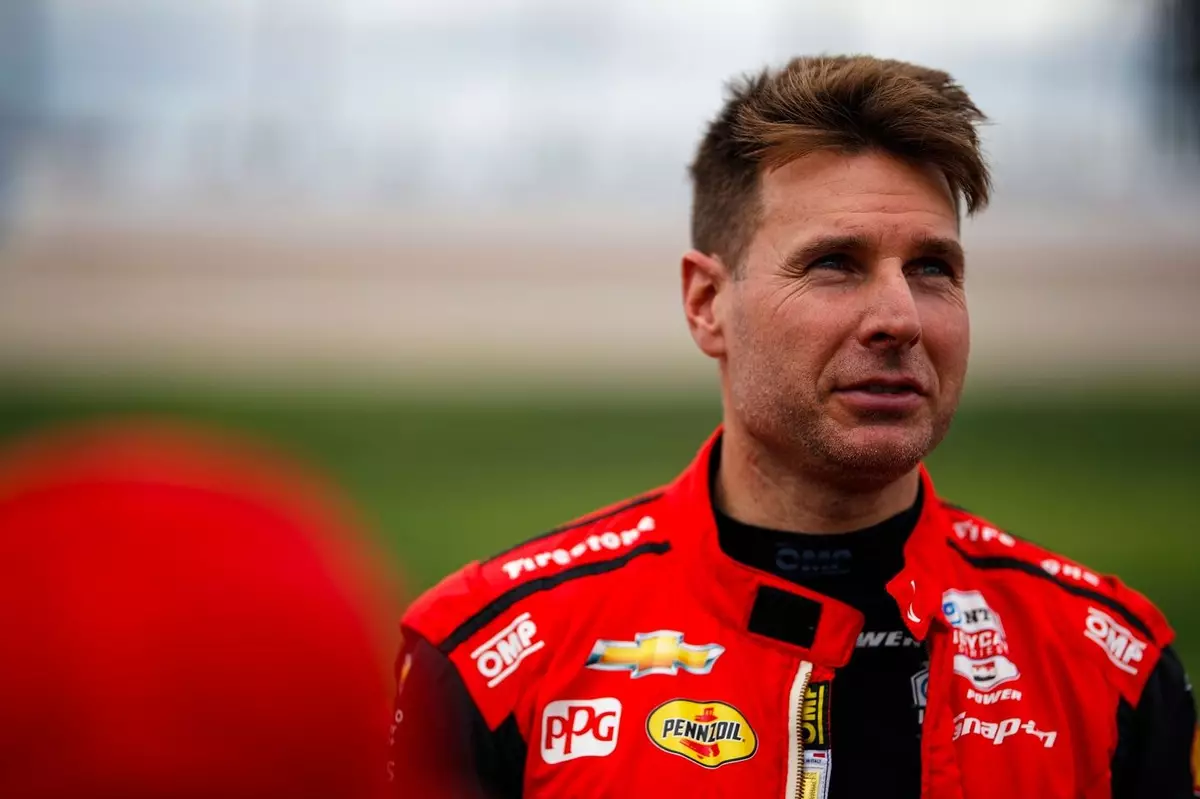Will Power, a distinguished competitor within the IndyCar Series, has voiced strong opinions regarding the current restrictions on testing within the championship. As a two-time champion with titles from 2014 and 2022, Power’s experience bears significant weight, particularly as he prepares for the 2025 season. The limited testing opportunities, which have decreased relative to previous years, have compelled Power to adapt his preparation tactics. This singular day of testing has left him longing for adequate practice, illustrating the challenges drivers face when they cannot familiarize themselves with their cars ahead of the racing calendar.
Transitioning to Hybrid Power Units
In previous seasons, Power was accustomed to rigorous testing schedules, especially leading up to the implementation of hybrid power units, which launched during the 2024 season’s ninth round in Ohio. His engagement in post-season testing at Indianapolis and further pre-season sessions in Sebring and Miami showcased the extensive preparation drivers and teams normally engage in. However, the staggered testing schedule for 2025 sharply contrasts with Power’s last off-season experience, creating a sense of urgency among drivers to stay fit and mentally sharp while lacking the need for actual on-track driving.
Power’s comments bring attention to a critical aspect of racing: the effectiveness of virtual simulations as substitutes for live testing. While simulators provide invaluable data and familiarization with car dynamics, they cannot replicate the adrenaline or tactile nuances experienced on an actual racetrack. Power’s assertion that the financial investment in simulators should be complemented by authentic on-track testing reflects a sentiment shared among many professionals in the sport.
Future Aspirations Amidst IndyCar Constraints
As a seasoned veteran in IndyCar since 2006, Power maintains a competitive spirit despite the looming constraints of testing. He envisions a sustaining career for at least five more years, contingent upon his performance and the support of Team Penske, which he joined in 2009. Currently in the final year of his contract, Power appears poised to leverage his past success as leverage for a renewal. His confidence arises not solely from a desire for a long-term association but also from the belief that performance ultimately guides teams in their decisions regarding driver contracts.
“Winning three races in a season in IndyCar is remarkably challenging,” Power stated. This diligence underscores the heightened competition and the need for drivers to showcase exceptional talent to earn and keep their seats in an increasingly demanding league.
Interestingly, Power’s aspirations extend beyond the traditional oval tracks of IndyCar racing. With a strategic move into partnership with Fernando Alonso’s management agency, Power has declared his excitement for the prestigious Le Mans 24 Hours. Having already won the Indy 500 in 2018, he seeks to conquer the storied French endurance race next on his agenda. The notion of leveraging Alonso’s extensive network in Europe hints at Power’s ambition and determination to broaden his racing portfolio.
“I would love to have a shot at winning that race,” Power stated about Le Mans. His longing for new challenges reflects the broader trend among drivers wishing to diversify their competitive horizons beyond the rigid structures of their main racing series.
Power’s critique ultimately serves as a profound argument for re-evaluating IndyCar’s testing regulations. With growing competition and evolving racing technologies, the need for ample testing has never been more critical. As Power articulates, a minimum of three spread-out test days would adequately prepare drivers and empower them to perform at their best from the season’s outset.
Will Power’s insights into testing regulations and his future aspirations within the racing community encapsulate the complexities faced by modern-day drivers. As the landscape of motorsports continues to evolve, debates surrounding testing protocols will likely influence how teams and individual drivers prepare for the challenges ahead in what has proven to be a fiercely competitive arena.


Leave a Reply